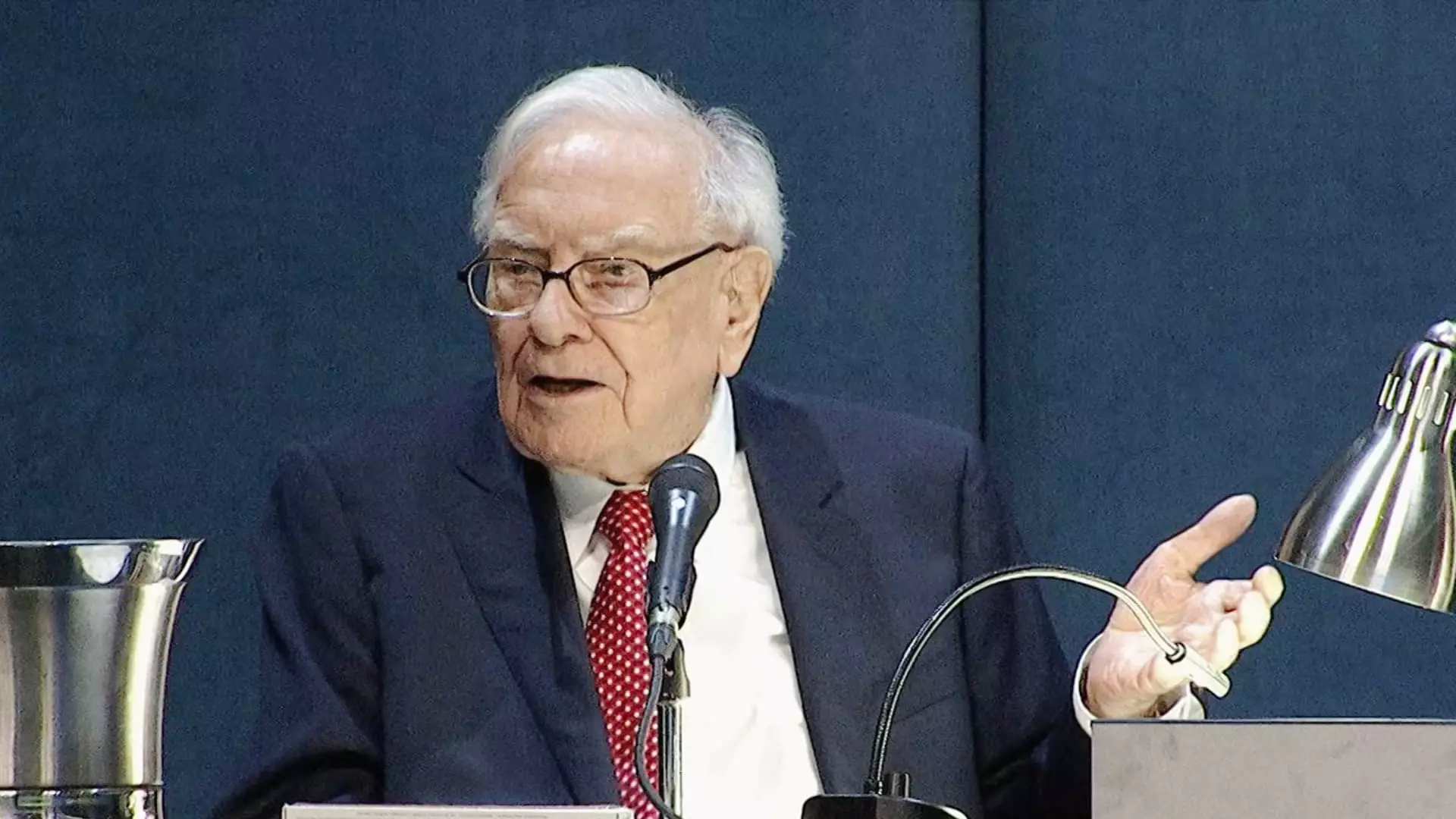Warren Buffett’s Berkshire Hathaway has been steadily selling off Bank of America shares, with a total of 19.2 million shares shed over three days for nearly $779 million. This consistent selling streak has now accumulated to over $3.8 billion in total sales. As a result, Bank of America has slipped to the No. 3 spot on Berkshire’s list of top holdings, falling behind Apple and American Express.
The market value of Berkshire’s remaining 942.4 million Bank of America shares stands at $37.2 billion, based on Thursday’s closing price of $39.50. This downward trend in Buffett’s investment in BofA has been attributed to recession fears plaguing the financial sector, causing the bank stock to drop by 5.2% so far this week. Despite this recent decline, Bank of America has seen a growth of over 17% year-to-date, outperforming the S&P 500.
Notably, Warren Buffett’s initial investment in Bank of America dates back to 2011, when he acquired $5 billion worth of the bank’s preferred stock and warrants following the financial crisis. This move boosted confidence in the struggling lender, ultimately leading to Berkshire becoming the largest shareholder in BofA. Despite vowing to hold onto the investment for a “long, long time,” Buffett has been steadily divesting from the bank in recent days.
Under the leadership of Brian Moynihan since 2010, Bank of America has reported strong results for the second quarter, showcasing growing investment banking and asset management fees. Additionally, the bank has a positive outlook on net interest income, reflecting a promising future despite the challenging economic climate. Despite Buffett’s sell-off, BofA’s robust performance signals resilience and potential growth in the banking sector.

